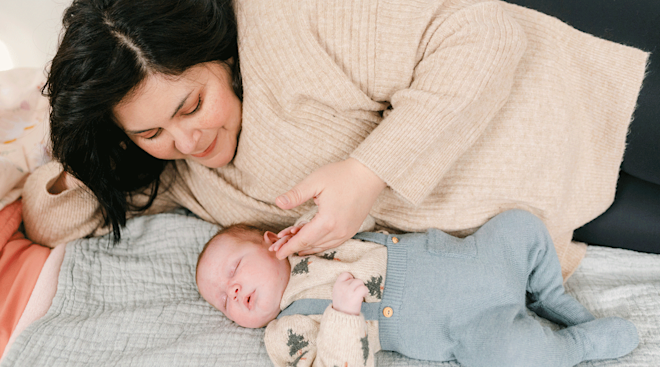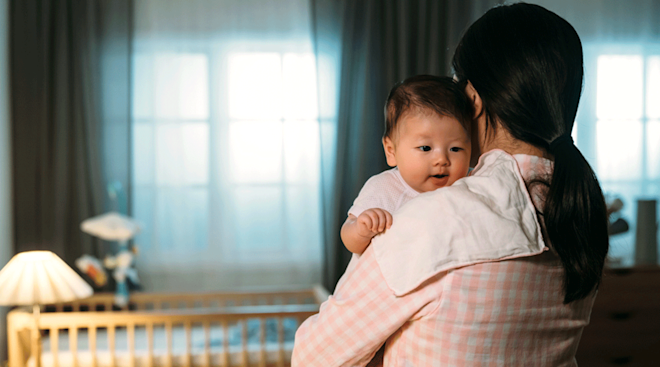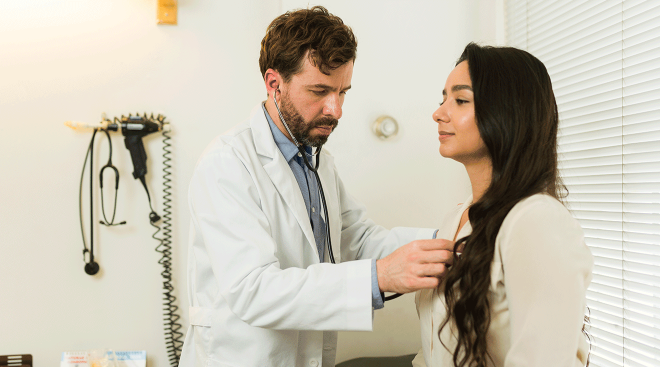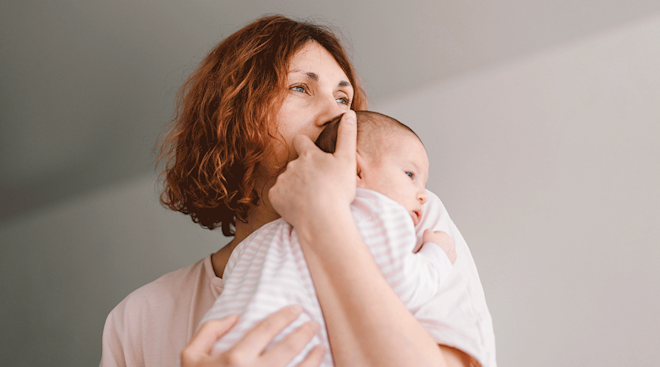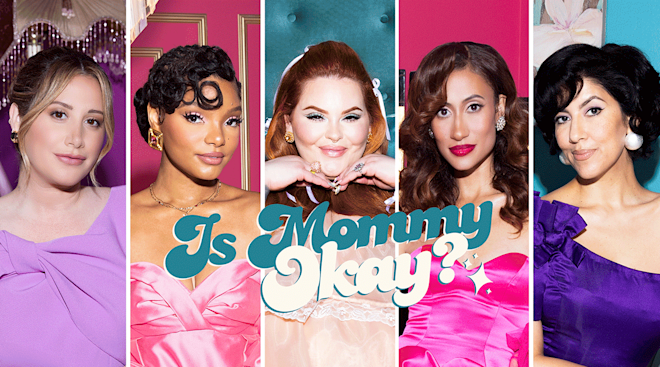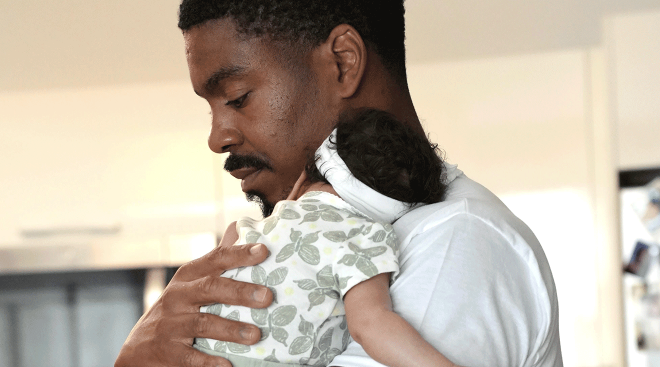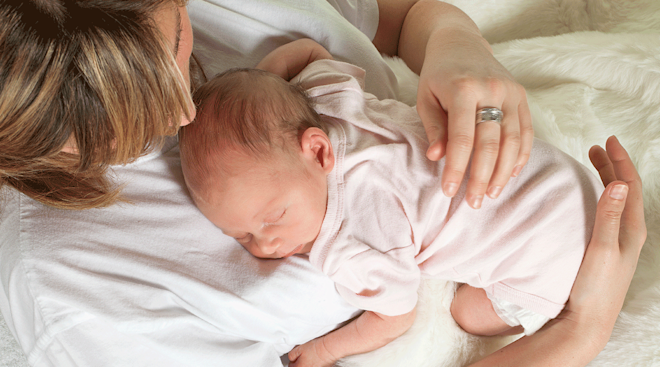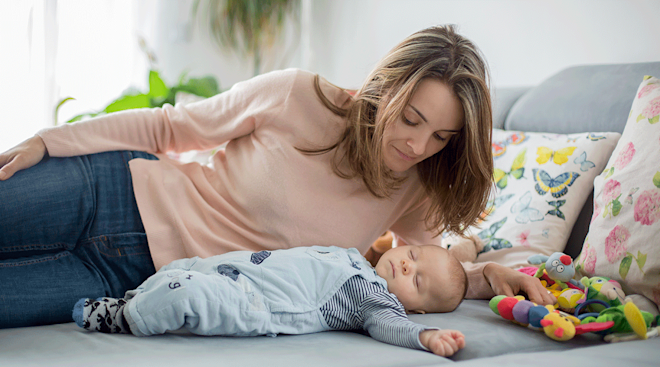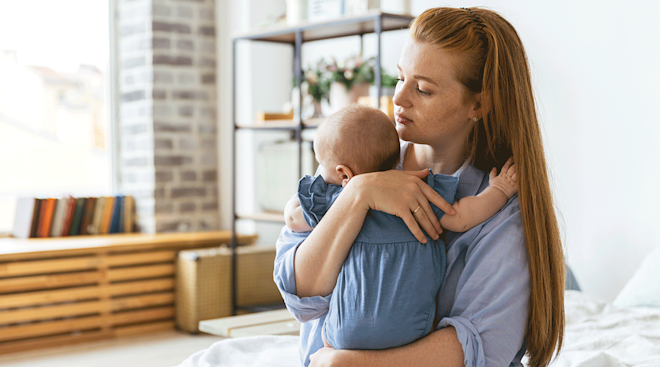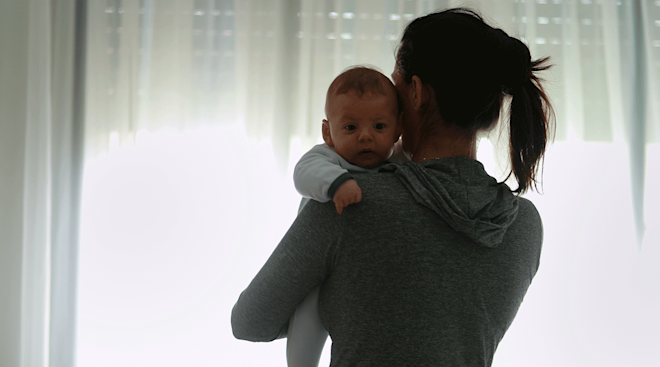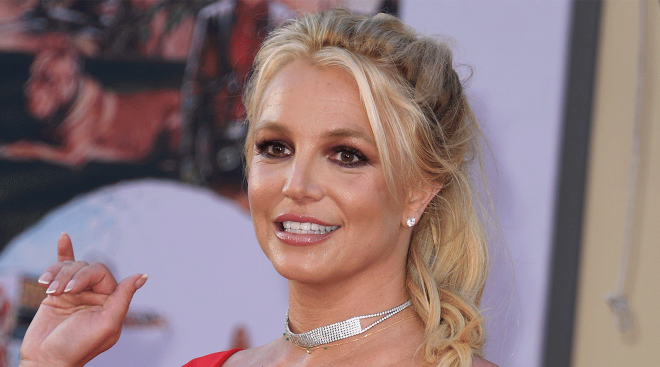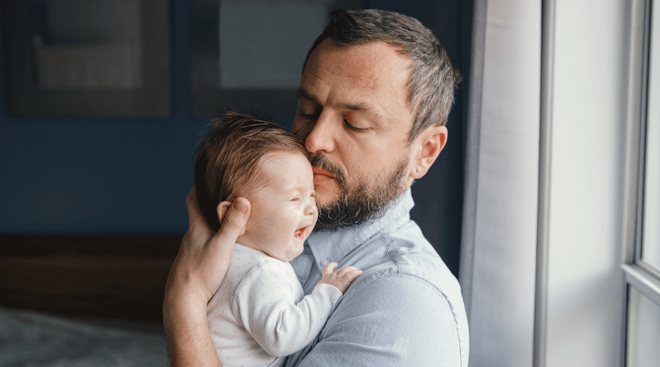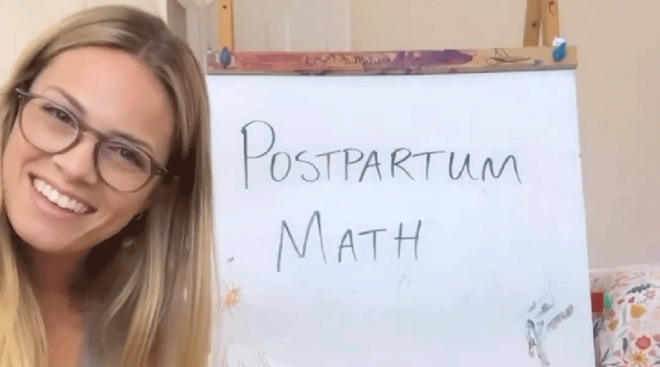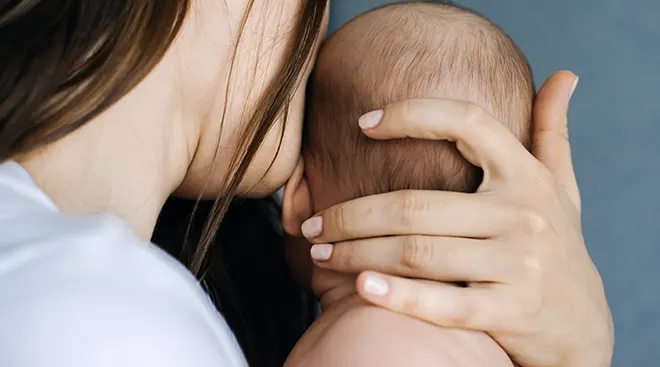Almost All New Moms Feel Pressure to Hide Anxiety and Depression, Survey Reveals
Despite the fact that postpartum depression (PPD) is one of the most common medical complications of childbirth, the condition is still vastly misunderstood, a new survey reveals.
The online research was conducted by HealthyWomen and Sage Therapeutics, and surveyed more than 1,000 women who are pregnant or plan to become pregnant to find out about their experience with PPD. Its goal was to identify the level of awareness surrounding the condition, in addition to how well doctors are educating women on maternal depression. The findings? Much more education is needed.
Key Takeaways
A stigma still exists
- Of the women surveyed, 51 percent who had been diagnosed with PPD think it is an embarrassing diagnosis to receive
- And 32 percent say if they were to experience PPD, they would be less likely to have more kids
- An alarming 91 percent of women feel there is societal pressure to hide the struggles, anxieties and sadness of motherhood
More education is needed
- Most women—51 percent—didn’t realize PPD is often associated with the rising and falling hormone levels between pregnancy and birth
- Only 38 percent of women were aware suicidal thoughts can be a symptom of PPD
“With more resources available and more celebrities openly sharing their stories, I am surprised that our survey revealed many women and healthcare professionals are still not having the conversation about PPD and its signs and symptoms—which could lead to women suffering unnecessarily,” says Beth Battaglino, CEO of HealthyWomen. “Mothers need to feel supported and encouraged to ask for help. Receiving an accurate diagnosis and appropriate management of the condition are crucial, as PPD not only affects the mother, but can have a significant impact on the whole family.”
Learn more about PPD so you can be aware of the signs and symptoms to watch for. And be sure to speak to your doctor about the condition so you can work together to avoid it from affecting you.
Remember, you’re not alone. Many brave moms have spoken up about PPD to help others who are suffering. Just look at Paige Bellenbaum, whose PPD was so bad she almost ended her life. Luckily, the mom was able to get the treatment she needed before it was too late, and now dedicates her life to being a champion for the cause.
Please note: The Bump and the materials and information it contains are not intended to, and do not constitute, medical or other health advice or diagnosis and should not be used as such. You should always consult with a qualified physician or health professional about your specific circumstances.
Navigate forward to interact with the calendar and select a date. Press the question mark key to get the keyboard shortcuts for changing dates.

































